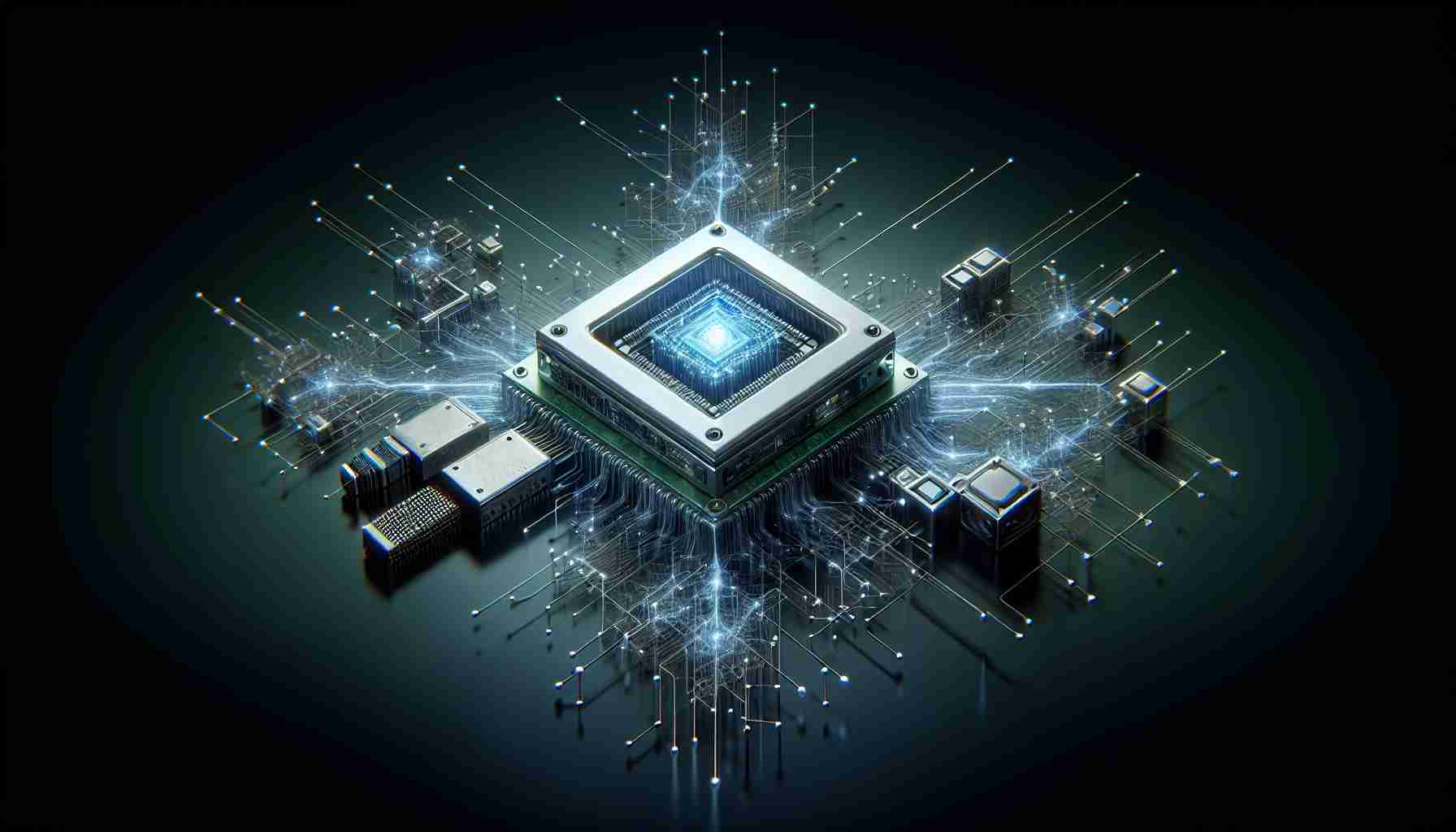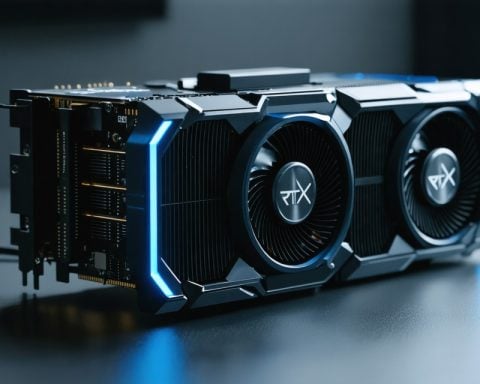Revolution in AI Hardware
At the recent OCP Summit 2024, NVIDIA unveiled its groundbreaking H200 NVL, designed specifically for lower-power and cost-effective inference tasks. The new GPU, showcased in various advanced MGX systems, boasts a maximum thermal design power (TDP) of just 600W, making it an attractive option for businesses looking to enhance their AI capabilities without breaking the bank.
Innovative Connectivity Features
The H200 NVL stands out not merely as an enhancement but as a leap forward in GPU technology. This model is distinguished by its unique labeling and features a robust 4-way NVLink bridge that interconnects multiple GPUs. This innovative design allows for efficient data transfer while simultaneously using PCIe, effectively optimizing power usage without the need for additional NVLink switches.
Impressive Performance Metrics
Each H200 NVL card offers substantial performance, featuring 141GB of high-bandwidth memory, summing up to an impressive 564GB across four cards. This capability is particularly beneficial for demanding inference workloads.
Market Impact and Strategic Positioning
As a result of this launch, NVIDIA aims to provide an optimal balance between performance and efficiency, appealing to organizations that favor PCIe server configurations. With the right technology in place, the H200 NVL could redefine the landscape for AI inference applications, signaling a promising future for NVIDIA’s offerings in the data center market.
Maximizing Efficiency with the New NVIDIA H200 NVL: Tips and Hacks
As the tech world becomes increasingly reliant on advanced hardware like NVIDIA’s revolutionary H200 NVL, it’s essential to understand how to get the most out of these innovations. Below are some tips, life hacks, and interesting facts that can help you leverage the H200 NVL for optimal performance and efficiency.
1. Optimize Power Consumption
Utilize the H200 NVL’s low thermal design power (TDP) of 600W to your advantage. Businesses can enhance AI capabilities while ensuring electricity costs don’t skyrocket. Consider scheduling high-performance tasks during off-peak hours to take advantage of lower energy rates.
2. Efficient Multi-GPU Setups
The unique 4-way NVLink bridge feature is a game changer for those utilizing multiple GPUs. Make sure to configure your software to take full advantage of this data transfer efficiency. By properly tuning your workload across the GPUs, you can achieve remarkable performance improvements without needing more PCIe switches.
3. Regular Software Updates
To ensure your H200 NVL operates at peak efficiency, always keep the drivers and software up to date. This can result in enhanced performance and access to the latest features that NVIDIA releases, often aimed at improving compatibility and efficiency with new workloads.
4. Explore Inference Workloads
The H200 NVL shines in AI inference tasks. Discover the types of workloads your organization can run efficiently on this hardware. By focusing on use cases like image recognition, natural language processing, and real-time data analysis, you can maximize the ROI on your investment.
5. Benchmark Performance
Regularly benchmark your system’s performance with industry-standard tools. Understanding how the H200 NVL operates under various conditions will help you fine-tune its performance and identify bottlenecks in your processing pipeline.
6. Keep Cooling in Mind
Even with its lower power consumption, adequate cooling remains essential for optimal performance. Ensure your servers have adequate airflow and consider using intelligent cooling solutions that adapt to usage patterns, especially during intensive long-duration tasks.
7. Take Advantage of Future-Ready Features
The unique features of the H200 NVL suggest it is built for the future of AI workloads. Investigate how you can incorporate it into a cloud solution or integrate it with developing technologies like edge computing to stay ahead in the technological race.
Interesting Fact: The Evolution of GPU Technology
Did you know that the original purpose of graphics processing units (GPUs) was to render images for video games? Over the years, GPUs like the H200 NVL have evolved to handle complex computations for various applications beyond gaming, including scientific simulations and, most recently, artificial intelligence and deep learning tasks.
For more insightful articles about cutting-edge technology, visit NVIDIA.



















